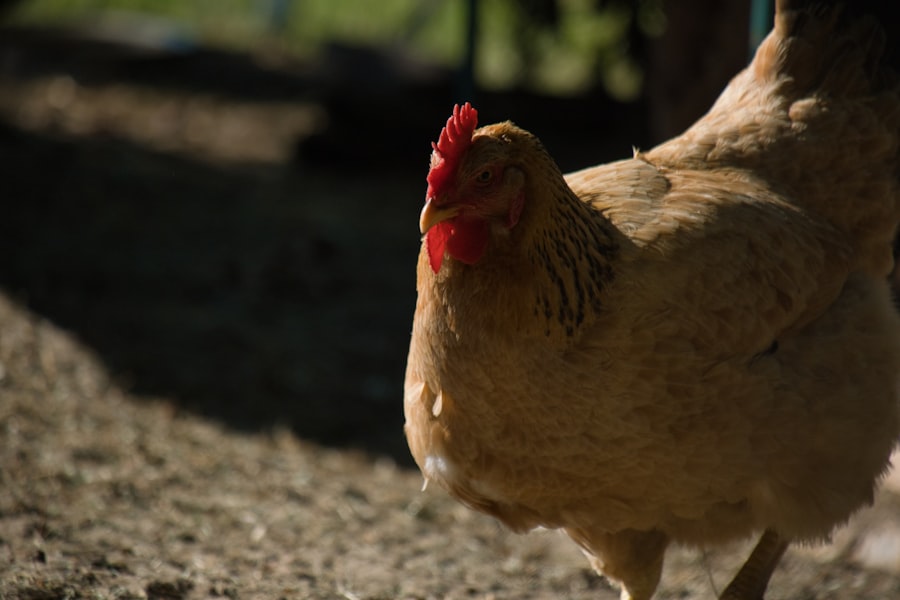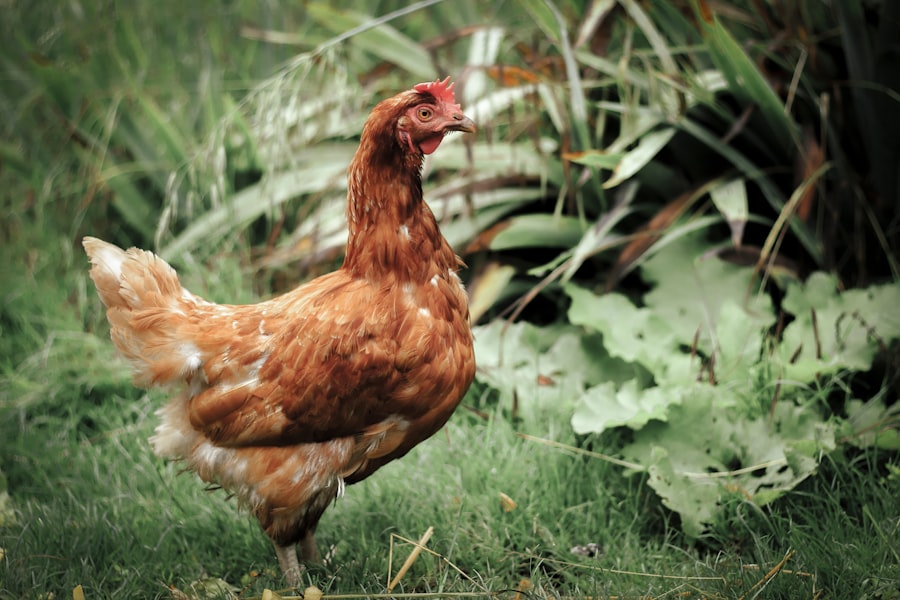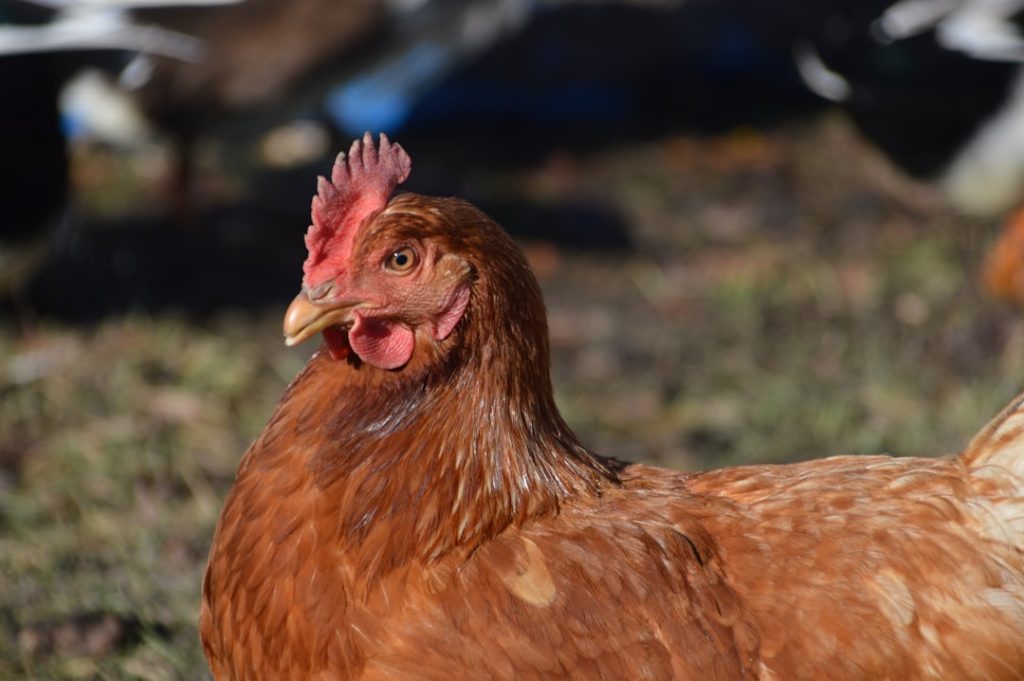Premature planning and overconfidence in future outcomes can lead to various negative consequences. This behavior, often described by the idiom “counting chickens before they hatch,” can result in disappointment, stress, and potential financial losses. When individuals anticipate specific results before they occur, they risk experiencing frustration, anxiety, or depression if the expected outcome fails to materialize.
Moreover, excessive optimism about future events can impair decision-making processes. People may make impulsive choices based on unrealistic expectations rather than factual information, potentially leading to avoidable financial or personal repercussions. This mindset can also hinder proper preparation for potential setbacks or obstacles, leaving individuals unprepared to face unexpected challenges.
The practice of prematurely assuming positive outcomes can have significant impacts on an individual’s overall well-being. The consequences of this behavior can affect both mental and emotional health, ranging from disappointment and stress to inadequate planning and poor decision-making.
Table of Contents
- 1 The Psychology Behind Counting Chickens Before They Hatch
- 2 Strategies for Overcoming the Habit of Counting Chickens Before They Hatch
- 3 The Impact of Counting Chickens Before They Hatch on Mental Health
- 4 The Importance of Living in the Present Moment
- 5 Learning to Manage Expectations and Set Realistic Goals
- 6 The Benefits of Cultivating Patience and Resilience
- 7 FAQs
Key Takeaways
- Counting chickens before they hatch can lead to disappointment and missed opportunities
- The psychology behind this habit involves a tendency to focus on future rewards and overlook present realities
- Strategies for overcoming this habit include mindfulness, focusing on the present, and setting realistic goals
- Counting chickens before they hatch can have a negative impact on mental health, leading to anxiety and stress
- Living in the present moment is important for mental well-being and overall happiness
- Learning to manage expectations and set realistic goals can help in avoiding the habit of counting chickens before they hatch
- Cultivating patience and resilience can lead to a more positive and fulfilling life
The Psychology Behind Counting Chickens Before They Hatch
The Desire for Certainty and Control
This desire for certainty is a fundamental aspect of human nature, driving individuals to plan and prepare for the future. While this inclination can be beneficial in many ways, it can also lead to an overestimation of one’s abilities and a lack of consideration for potential obstacles.
The Influence of Cognitive Biases
The psychology behind counting chickens before they hatch is also influenced by cognitive biases such as optimism bias and confirmation bias. Optimism bias refers to the tendency for individuals to overestimate the likelihood of positive outcomes and underestimate the likelihood of negative outcomes. This bias can lead individuals to be overly confident about the future and ignore potential risks or obstacles.
The Complexities of Human Perception
Confirmation bias, on the other hand, refers to the tendency for individuals to seek out information that confirms their pre-existing beliefs or expectations while ignoring contradictory evidence. This can further reinforce the habit of counting chickens before they hatch as individuals selectively focus on information that supports their anticipated outcome. In summary, the psychology behind counting chickens before they hatch is complex and multifaceted, involving a combination of human tendencies towards certainty and control, as well as cognitive biases that influence our perception of future events.
Strategies for Overcoming the Habit of Counting Chickens Before They Hatch

Overcoming the habit of counting chickens before they hatch requires a conscious effort to shift one’s mindset and approach to future events. One effective strategy is to practice mindfulness and focus on living in the present moment. By cultivating awareness of the present, individuals can reduce their tendency to dwell on future outcomes and instead focus on their current experiences and actions.
This can help alleviate anxiety and stress related to anticipating future events. Another strategy for overcoming the habit of counting chickens before they hatch is to practice realistic optimism. Realistic optimism involves maintaining a positive outlook while also acknowledging potential obstacles and setbacks.
By adopting this mindset, individuals can set more realistic expectations for the future and be better prepared to handle unexpected challenges. This can help reduce the likelihood of disappointment and frustration when anticipated outcomes do not materialize. Furthermore, developing resilience and adaptability is crucial for overcoming the habit of counting chickens before they hatch.
By building resilience, individuals can better cope with setbacks and failures, allowing them to bounce back and move forward with a more balanced perspective on future events. In conclusion, overcoming the habit of counting chickens before they hatch requires a combination of mindfulness, realistic optimism, and resilience in order to shift one’s mindset and approach to future events.
The Impact of Counting Chickens Before They Hatch on Mental Health
The impact of counting chickens before they hatch on mental health can be significant, leading to increased levels of stress, anxiety, and even depression. When individuals are overly focused on anticipated outcomes, they may experience heightened levels of anxiety as they worry about whether their expectations will be met. This constant state of anticipation and worry can take a toll on mental well-being, leading to chronic stress and even anxiety disorders.
Furthermore, the disappointment that often accompanies counting chickens before they hatch can also have a negative impact on mental health. When anticipated outcomes do not materialize, individuals may experience feelings of frustration, sadness, and even depression. This can erode self-esteem and confidence, leading to a cycle of negative thoughts and emotions that can be detrimental to mental health.
In addition, the habit of counting chickens before they hatch can also lead to a lack of presence and mindfulness in daily life. When individuals are constantly focused on future outcomes, they may neglect their current experiences and relationships, leading to feelings of disconnection and dissatisfaction. In summary, the impact of counting chickens before they hatch on mental health is significant, leading to increased levels of stress, anxiety, and depression, as well as a lack of presence and mindfulness in daily life.
The Importance of Living in the Present Moment
Living in the present moment is crucial for mental well-being as it allows individuals to fully engage with their current experiences and relationships. By focusing on the present, individuals can reduce their tendency to dwell on future outcomes and alleviate anxiety related to anticipated events. This can lead to increased levels of contentment and satisfaction with life as individuals learn to appreciate and savor their current experiences.
Furthermore, living in the present moment fosters a sense of mindfulness, which has been shown to have numerous benefits for mental health. Mindfulness involves paying attention to the present moment without judgment, allowing individuals to cultivate a greater sense of awareness and acceptance. This can help reduce stress and anxiety while promoting emotional regulation and resilience.
In addition, living in the present moment allows individuals to build stronger connections with others by being fully present in their relationships. By focusing on their current interactions and experiences, individuals can deepen their connections with others and foster a greater sense of belonging and fulfillment. In conclusion, living in the present moment is essential for mental well-being as it allows individuals to reduce anxiety related to future outcomes, cultivate mindfulness, and build stronger connections with others.
Learning to Manage Expectations and Set Realistic Goals

Recognizing Cognitive Biases
Furthermore, managing expectations involves being mindful of cognitive biases such as optimism bias and confirmation bias that may influence one’s perception of future events. By being aware of these biases, individuals can challenge their preconceived beliefs and expectations, allowing them to approach future events with greater objectivity.
Developing Flexibility and Adaptability
In addition, learning to manage expectations involves developing flexibility and adaptability in response to unexpected outcomes. By being open to alternative possibilities and outcomes, individuals can better cope with unexpected challenges while maintaining a positive outlook.
The Importance of Realistic Goal-Setting
In summary, learning to manage expectations and set realistic goals is essential for overcoming the habit of counting chickens before they hatch as it allows individuals to adopt a more balanced perspective on future events while cultivating flexibility and adaptability.
The Benefits of Cultivating Patience and Resilience
Cultivating patience and resilience is essential for overcoming the habit of counting chickens before they hatch as it allows individuals to cope with setbacks and failures while maintaining a positive outlook. Patience involves accepting that some outcomes may take time to materialize and being able to tolerate uncertainty without becoming anxious or frustrated. By cultivating patience, individuals can reduce their tendency to count their chickens before they hatch as they learn to wait for outcomes without becoming overly anxious or confident.
Furthermore, resilience involves bouncing back from setbacks and failures with a positive attitude. By developing resilience, individuals can better cope with unexpected challenges while maintaining a sense of optimism about the future. This can help reduce the impact of disappointment when anticipated outcomes do not materialize while promoting emotional well-being.
In addition, cultivating patience and resilience fosters a greater sense of emotional regulation and self-control, allowing individuals to approach future events with greater composure and objectivity. In conclusion, cultivating patience and resilience is crucial for overcoming the habit of counting chickens before they hatch as it allows individuals to cope with setbacks and failures while maintaining a positive outlook on future events.
I keep counting chickens before they hatch, and it’s important to make sure they have a safe and comfortable environment to grow in. One way to ensure this is by providing a proper heater for the chicken coop. This article on poultrywizard.com discusses the importance of a heater for a chicken coop and provides tips on how to choose the right one for your flock. Additionally, having a secure and durable coop, like the one discussed in this article, is essential for the well-being of your chickens. Investing in a high-quality chicken coop, such as the one featured in this article, can help ensure the safety and comfort of your feathered friends.
FAQs
What does it mean to “count chickens before they hatch”?
Counting chickens before they hatch is an idiom that means to make plans based on something that has not yet happened or is not certain to happen. It refers to being overly optimistic about the outcome of a situation.
What are the potential risks of counting chickens before they hatch?
Counting chickens before they hatch can lead to disappointment, as the anticipated outcome may not materialize. It can also result in poor decision-making and a lack of preparedness for alternative outcomes.
How can one avoid counting chickens before they hatch?
To avoid counting chickens before they hatch, it is important to maintain a realistic outlook and consider potential obstacles or challenges. It can also be helpful to focus on the present moment and take proactive steps to work towards a desired outcome, rather than assuming it will happen without effort.
Are there any benefits to counting chickens before they hatch?
While counting chickens before they hatch is generally discouraged, it can sometimes serve as a source of motivation and optimism. However, it is important to balance this optimism with a realistic assessment of the situation.
Meet Walter, the feathered-friend fanatic of Florida! Nestled in the sunshine state, Walter struts through life with his feathered companions, clucking his way to happiness. With a coop that’s fancier than a five-star hotel, he’s the Don Juan of the chicken world. When he’s not teaching his hens to do the cha-cha, you’ll find him in a heated debate with his prized rooster, Sir Clucks-a-Lot. Walter’s poultry passion is no yolk; he’s the sunny-side-up guy you never knew you needed in your flock of friends!







